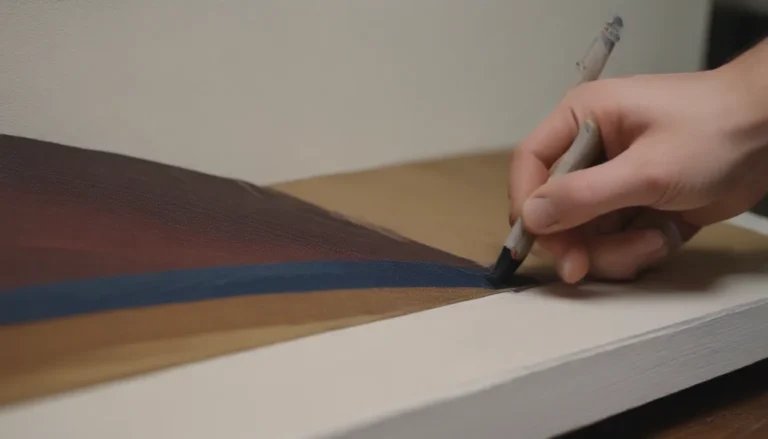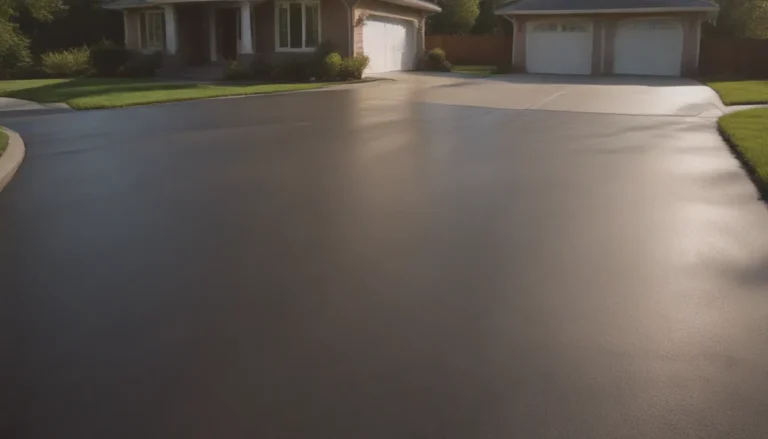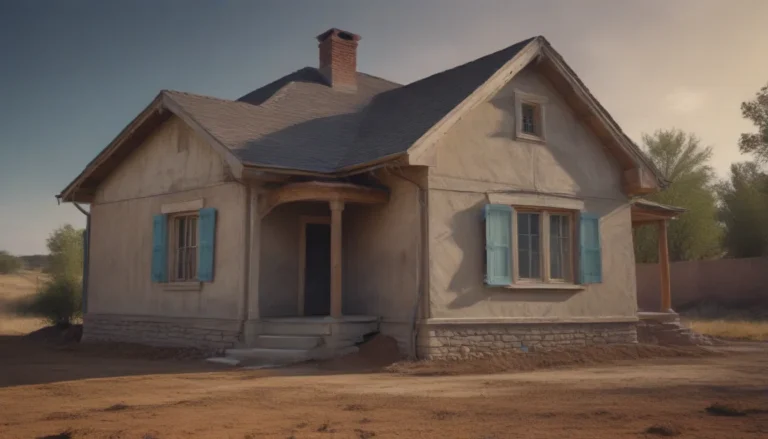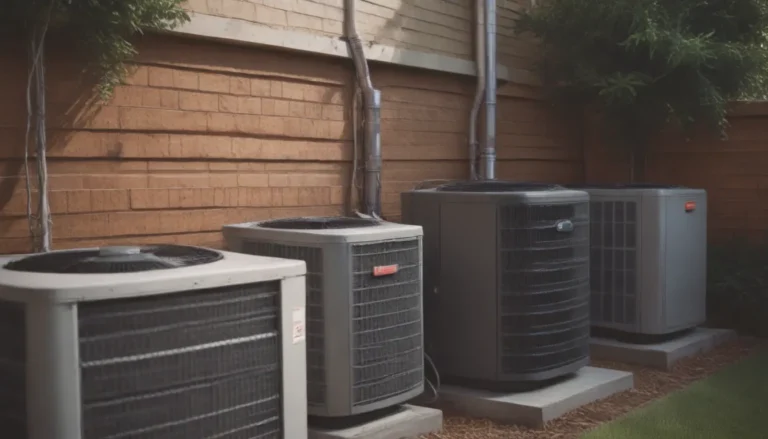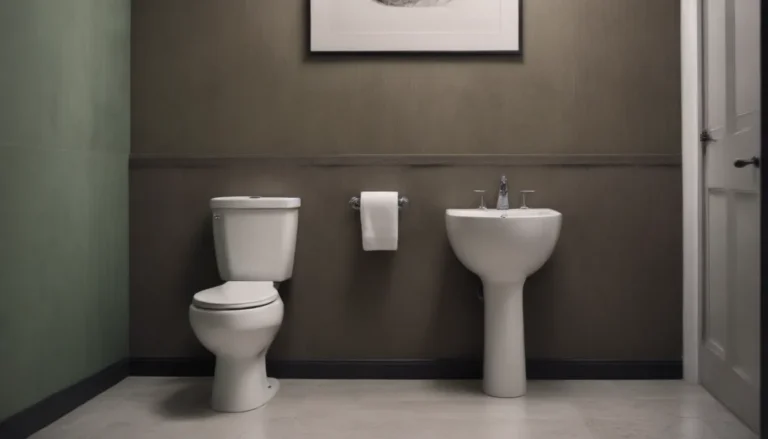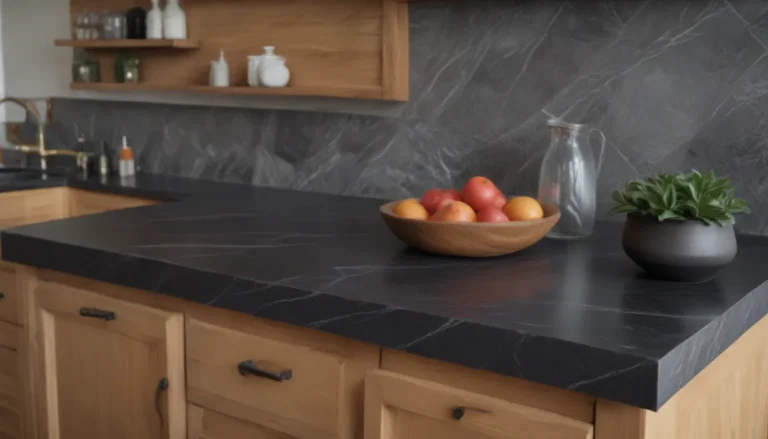A Comprehensive Guide to Sewer Pipes: PVC, ABS, Clay, Iron, & Orangeburg
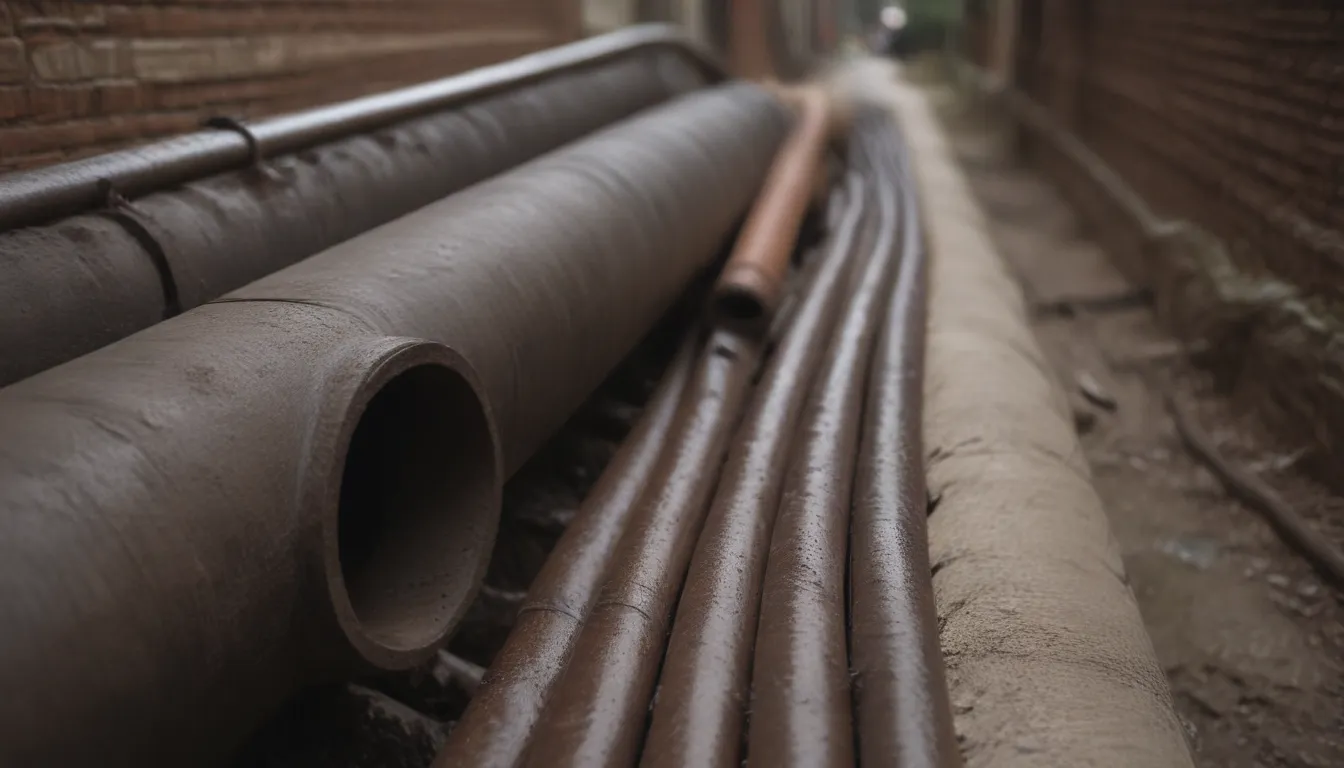
Have you ever wondered what type of sewer pipe is buried beneath your property? Most homeowners never think about it until there’s an issue with their plumbing. Understanding the type of sewer pipe you have can help you make informed decisions when it comes to repairs or replacements. In this guide, we will explore the different types of sewer pipes commonly found in homes, their characteristics, and which one might be right for your property.
Why Knowing Your Sewer Pipe Matters
When it comes to sewer pipes, out of sight is often out of mind. However, being aware of the type of sewer pipe running through your property can be beneficial in the long run. Here are some reasons why it’s essential to know your sewer pipe:
- Helps in making informed decisions about repairs or replacements
- Allows you to understand the potential lifespan of your sewer pipe
- Helps in determining the best material for your specific needs and budget
Knowing the type of sewer pipe you have can save you time, money, and headaches down the line. Let’s dive into the different types of sewer pipes commonly found in homes.
5 Types of Sewer Pipes
1. PVC (Polyvinyl Chloride) Sewer Pipe
PVC sewer pipe is a popular choice for underground installations due to its durability and ease of installation. Here are some key characteristics of PVC sewer pipes:
- Smooth interiors and exteriors for excellent carrying capacity
- Root-resistant, but not entirely root-proof
- Lightweight, easy to cut, and inexpensive
- Expected lifespan of about 100 years
- Can degrade from chemical reactions and may break when frozen or warp in excessive heat
PVC sewer pipes are commonly used in newer homes due to their ease of installation and longevity. They are a cost-effective option for most drainage projects.
2. ABS (Acrylonitrile Butadiene Styrene) Sewer Pipe
ABS sewer pipe is another type of plastic pipe used for underground installations. Here are some characteristics of ABS sewer pipes:
- Smooth interiors for efficient waste drainage
- Lightweight and easy to handle
- Durable and resistant to corrosion
- Lower pressure rating compared to PVC
- Often used for outdoor underground sewer pipes for their durability
ABS sewer pipes are a reliable option for underground sewer lines. They are commonly used for outdoor applications due to their durability and resistance to corrosion.
3. Cast-Iron Sewer Pipe
Cast-iron sewer pipes have been used in homes for many years and are known for their strength and durability. Here are some key features of cast-iron sewer pipes:
- Extremely strong and can withstand high pressures
- Non-flammable and resistant to fire
- Long lifespan with proper maintenance
- Heavy and difficult to cut
- Corrosion and oxidation may occur over time
Cast-iron sewer pipes are still used today in many older homes. While they may be more challenging to work with, their longevity and strength make them a reliable choice for sewer line installations.
4. Clay Sewer Pipe
Clay sewer pipes, though less common in modern construction, have been used for centuries due to their durability and resistance to chemical degradation. Here are some characteristics of clay sewer pipes:
- Environmentally friendly and resistant to chemical degradation
- Economical and durable
- Heavy and tricky to cut and join
- Prone to attracting tree roots
- Can crack if roots infiltrate the pipe
Clay sewer pipes are a viable option for sewer line replacements, especially in areas where roots are a common issue. While they may require more maintenance, their durability and environmental friendliness make them a sustainable choice.
5. Orangeburg Sewer Pipe
Orangeburg sewer pipes, also known as fiber conduit pipes, were popular in mid-century construction due to their low cost and ease of installation. Here are some key points about Orangeburg sewer pipes:
- Lightweight and easy to cut
- Low-cost alternative to cast-iron pipe
- Short lifespan of around 50 years
- Deforms, warps, and deteriorates easily
Orangeburg sewer pipes are rarely found in homes today due to their short lifespan and susceptibility to damage. If you have Orangeburg pipes on your property, it’s recommended to replace them with a more durable material.
Choosing the Right Sewer Pipe for Your Home
When it comes to selecting a sewer pipe for your property, several factors come into play. Here are some considerations to keep in mind when choosing a sewer pipe:
- Local building codes and regulations
- Property logistics and ease of replacement
- Budget and cost-effectiveness
- Durability and resistance to corrosion
In most cases, PVC sewer pipes are the preferred choice for most drainage projects due to their durability, longevity, and cost-effectiveness. ABS pipes are also a reliable option for outdoor underground sewer lines. Ultimately, the right sewer pipe for your home will depend on your specific needs and budget.
In conclusion, knowing the type of sewer pipe running through your property can help you make informed decisions when it comes to repairs or replacements. Each type of sewer pipe has its advantages and limitations, so it’s essential to choose the one that best suits your needs. By understanding the characteristics of PVC, ABS, cast-iron, clay, and Orangeburg sewer pipes, you can ensure the longevity and efficiency of your plumbing system for years to come.
